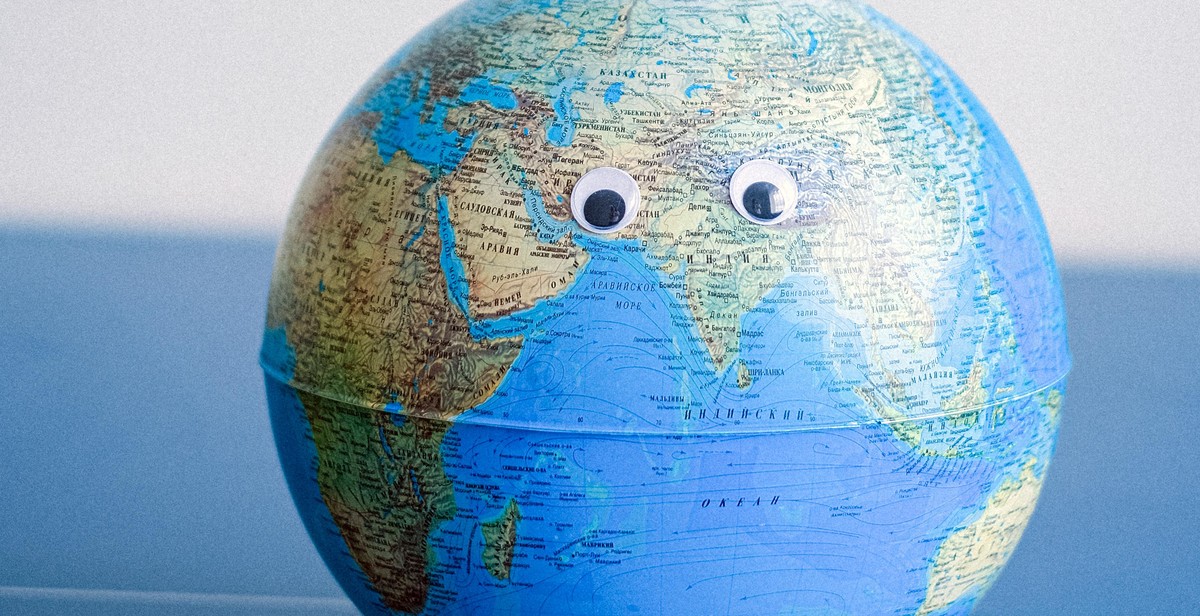The Impact of Overfishing on Marine Ecosystems
Overfishing is the practice of catching too many fish from a particular area or species, to the point where their populations cannot replenish themselves. This can have a devastating impact on marine ecosystems, disrupting the balance of the food chain and causing long-term damage to the environment.
What is Overfishing?
Overfishing occurs when fish are caught at a faster rate than they can reproduce, leading to a decline in their population. This can happen in both commercial and recreational fishing, and can be caused by a variety of factors, including technological advancements in fishing equipment, increased demand for seafood, and a lack of effective management and regulation.
Why is Overfishing a Problem?
The impact of overfishing on marine ecosystems is far-reaching and can have serious consequences for both the environment and human populations. Overfishing can lead to the depletion of fish stocks, which can have a ripple effect throughout the ecosystem. As fish populations decline, their predators may also suffer, leading to a decline in their populations as well.
- Overfishing can disrupt the balance of the food chain, leading to an increase in the population of certain species and a decline in others.
- Overfishing can lead to the collapse of entire ecosystems, as the loss of one species can have a domino effect on the rest of the ecosystem.
- Overfishing can also have economic impacts, as it can lead to the loss of jobs and income for communities that rely on fishing for their livelihoods.
It is important to address the issue of overfishing in order to protect marine ecosystems and ensure their sustainability for future generations.

Impacts of Overfishing on Marine Ecosystems
Overfishing is a major problem that is affecting the world’s marine ecosystems. The practice involves catching fish at a rate that is faster than they can reproduce, leading to a decline in fish populations. This decline has far-reaching impacts on the marine environment, including an imbalanced food chain and harm to marine habitats.
Decline in Fish Populations
Overfishing has led to a significant decline in fish populations in many parts of the world. This decline is particularly evident in areas where fishing is a major economic activity. The loss of fish populations has had severe economic and social impacts on communities that depend on fishing for their livelihoods. Many fish species are now endangered, and some have even gone extinct due to overfishing.
Overfishing has also resulted in a change in the age and size structure of fish populations. Fish that are caught at a younger age and smaller size have less time to reproduce, which further accelerates the decline in fish populations.
Imbalanced Food Chain
Overfishing has disrupted the natural food chain in marine ecosystems. When top predators such as sharks and tuna are overfished, their prey species such as smaller fish and squid can overpopulate. This can lead to a cascade of impacts throughout the ecosystem, including changes in the abundance and distribution of other species.
Overfishing can also lead to the loss of keystone species, which play a critical role in maintaining the balance of the ecosystem. For example, sea otters are a keystone species in kelp forests, and their decline due to overfishing of their prey species has led to a decline in the health of kelp forests.
Harm to Marine Habitats
Overfishing can also cause harm to marine habitats. When fishing gear such as trawls and dredges are used, they can damage the seafloor and destroy habitats such as coral reefs and seagrass beds. This can have a significant impact on the biodiversity of the ecosystem, as many species rely on these habitats for food and shelter.
Overfishing can also lead to the accumulation of toxic substances such as mercury in fish, which can harm both marine animals and humans who consume them.
Conclusion
Overfishing is a serious problem that is affecting the world’s marine ecosystems. The decline in fish populations, imbalanced food chain, and harm to marine habitats are just some of the impacts of overfishing. It is crucial that we take action to address this issue, including implementing sustainable fishing practices and protecting vulnerable marine habitats.

Consequences for Humans
The impact of overfishing on marine ecosystems has far-reaching consequences for human societies. The following are some of the major consequences:
Economic Impacts
Overfishing has significant economic impacts on communities that rely on fishing as a source of income. When fish populations decline, it becomes more difficult for fishermen to catch fish, which can lead to reduced income and job losses. In addition, overfishing can lead to the collapse of entire fisheries, which can have devastating effects on local economies. For example, the collapse of the Newfoundland cod fishery in the 1990s led to the loss of 40,000 jobs and an estimated $2 billion in economic losses.
Overfishing can also lead to increased costs for consumers. As fish populations decline, the cost of fishing increases, and these costs are often passed on to consumers in the form of higher prices for seafood. This can make it difficult for low-income households to afford healthy sources of protein.
Food Security
Overfishing also has significant implications for global food security. Fish is a major source of protein for millions of people around the world, and overfishing can lead to food shortages and malnutrition in communities that rely on fish as a primary source of nutrition. In addition, overfishing can lead to the collapse of entire fisheries, which can have devastating effects on local food systems.
Overfishing can also have indirect effects on food security. When fish populations decline, fishermen may turn to other species or fishing methods that are less sustainable, such as using larger nets or fishing in protected areas. These practices can further deplete fish populations and harm marine ecosystems, which can have long-term effects on food security.
Cultural Significance
Fish and seafood are often an important part of cultural traditions and diets around the world. Overfishing can threaten the cultural significance of these foods and disrupt traditional ways of life. For example, the collapse of the Atlantic salmon fishery in Maine had significant cultural impacts on Native American tribes that relied on salmon as a traditional food source and for ceremonial purposes.
Overfishing can also lead to the loss of biodiversity and cultural heritage. Many indigenous communities rely on fish and other marine resources for their livelihoods and cultural practices. When these resources are depleted, it can lead to the loss of traditional knowledge and practices that have been passed down for generations.
| Consequence | Impact |
|---|---|
| Job losses | Reduced income for fishermen and local communities |
| Higher seafood prices | Increased costs for consumers, particularly low-income households |
| Food shortages | Malnutrition and food insecurity in communities that rely on fish as a primary source of nutrition |
| Cultural disruption | Loss of traditional foods and practices, and the disruption of traditional ways of life |

Solutions to Overfishing
The impact of overfishing on marine ecosystems is a serious concern that requires immediate attention. Fortunately, there are several solutions available to combat overfishing, including:
Regulations and policies
Regulations and policies are critical in controlling overfishing. Governments and international organizations can establish regulations and policies that limit the amount and size of fish that can be caught in specific areas. This can include setting quotas, limiting fishing gear, and creating marine protected areas where fishing is prohibited. These regulations and policies can help to ensure that fish populations are not depleted beyond their ability to recover.
Sustainable fishing practices
The use of sustainable fishing practices is also an effective solution to overfishing. Sustainable fishing practices involve using methods that do not harm the environment or deplete fish populations. Examples of sustainable fishing practices include using selective fishing gear, avoiding overfishing of certain species, and implementing catch and release programs. These practices can help to maintain healthy fish populations and ensure that fishing can continue in the long term.
Consumer choices
Consumers can also play a significant role in combating overfishing. By making informed choices about the seafood they consume, consumers can help to reduce demand for overfished species. This can include choosing seafood that has been certified as sustainable by organizations such as the Marine Stewardship Council or the Aquaculture Stewardship Council. Consumers can also choose to eat lower on the food chain, such as by consuming more plant-based foods or smaller fish species.
| Solution | Description |
|---|---|
| Regulations and policies | Establishing regulations and policies to limit fishing and protect marine ecosystems |
| Sustainable fishing practices | Using fishing methods that do not harm the environment or deplete fish populations |
| Consumer choices | Making informed choices about seafood consumption and choosing sustainable options |
